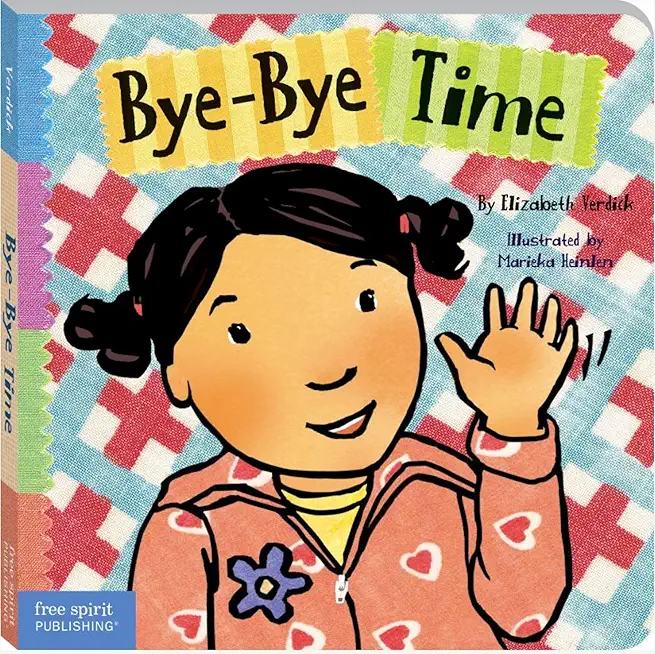
Why Succession Planning Isn’t Just Drama but Survival
Look, you’ve probably binged on shows like Succession, Yellowstone, or even The Righteous Gemstones and thought, “Man, these families really can’t get their act together.” But here’s the kicker—while the plot twists and betrayals make for binge-worthy TV, they actually highlight some brutally real lessons about succession planning that too many business owners and leaders either ignore or screw up royally. The problem?
Succession planning often gets shoved to the back burner until something shakes the ground beneath your feet—whether it’s a health crisis, a family feud, or a boardroom coup. And if you think that’s just a TV thing, guess again. This is exactly how real businesses implode. The Roys, the Gemstones, the Duttons—they’re all cautionary tales wrapped in flashy drama. So why not learn from their mistakes before you’re the one scrambling to pick up the pieces?
What Hollywood Gets Right and Wrong About Passing the Torch
Here’s the thing: every show tackles the same core issue—how to safely (or not so safely) hand over the keys to the kingdom. But the blunders they make read like a checklist of what not to do:
1. Avoid the “Let’s Keep It in the Family No Matter What” Trap
Lucious Lyon from Empire thinks he has to pick a successor strictly from his kids. That’s a rookie move. Just because someone’s family doesn’t mean they’re cut out for the job. In real life, great succession plans include options outside the family—maybe an outside CEO or a trusted executive with the chops to keep things running. As Texas attorney Barry Green puts it: “Don’t limit yourself by imaginary constraints.” You want your legacy intact, not in flames because the family drama spilled over into the boardroom. 2. Keep Your Private Life Private
Jesse Gemstone’s wild escapades and blackmail situation?
It’s not just a juicy plotline; it’s a real-life pitfall. Being reckless outside work can tank your entire succession plan. You can have the best documents drafted, but if your heir’s public image is a disaster, good luck convincing investors, boards, or partners. Barry Green’s advice? “Nothing good happens after midnight.” That’s not just a catchy phrase—it’s a stark warning about keeping your personal and professional lives in check. 3. Plan for the Worst but Hope for the Best
John Dutton from Yellowstone ignored his health issues and didn’t have clear succession plans ready. That almost cost him everything. Here’s a truth bomb: no one’s promised tomorrow. If you own a business or family legacy, have your succession documents locked down today. It might feel morbid, but it’s way better than watching your life’s work crumble because you put it off. Barry Green emphasizes, “Guarantee the succession plans exist even if it benefits the very people who probably gave you that ulcer.”
4. Expect the Unexpected and Have Backups
Kendall Roy was blindsided when Logan switched gears at the last minute, keeping control and giving board power to his third wife. If you’re ready to take over a company, you better have contingency plans for when the rug gets pulled from under you. The takeaway: be nimble. Keep your options open—build alliances, sharpen your skills, or be ready to start fresh. Hoping for your dad’s approval isn’t a business strategy. Bottom line?
Succession isn’t just signing papers or announcing a successor at a birthday lunch. It’s a carefully crafted, sometimes brutal process that requires clear thinking, planning, and yes, a little ruthless pragmatism.





How Tech
How Tech Helps You Stay Ahead in a Fast-Paced World. Okay, so you know succession planning is critical, but what about staying sharp on the latest industry moves, competitor shakeups, or just the daily chaos that could impact your business?
Here’s where artificial intelligence like ChatGPT’s new “Tasks” feature steps in and makes life a hell of a lot easier. Instead of drowning in a sea of news sites, press releases, and trade blogs every morning, you can set up ChatGPT to do the heavy lifting. Here’s what you do: – Tell it your job title and industry so it knows what to focus on. – Have it scour your go-to publications and competitor news daily—no more endless scrolling or missing that crucial headline. – Ask for summaries tailored by priority: what hits your top priorities, what your competitors are up to, and what’s new in the broader industry. It’s like having a hyper-focused research assistant who never sleeps. Plus, you can tweak and tune the prompts until you get the updates that actually matter to you. Why’s this important?
Because succession planning doesn’t happen in a vacuum. Markets shift, competitors make moves, and opportunities or threats pop up out of nowhere. Having your finger on the pulse daily means you’re not just reacting—you’re making informed decisions that keep your legacy alive, whoever’s in charge.

Real Talk on Building Habits for Success
Here’s some straight talk from the trenches: you can’t wing succession planning or keeping up with industry shifts. It takes good habits stacked on top of each other. Start small and build: – Set aside time every day to review your business’s state and your succession strategy. – Use tools like ChatGPT’s tasks to automate info gathering so you don’t waste brainpower on busy work. – Regularly revisit and update your succession documents and plans, especially after big changes (health scares, leadership shifts, major deals). – Keep your private life in check because it’s not just your reputation at stake—it’s your entire business future. Barry Green’s expert advice across those Hollywood dramas boils down to this: don’t wait for the family feud, scandal, or health crisis to force your hand. Get ahead of it with clear, practical, and well-communicated plans.

What Trump’s Return Means for Leadership and Legacy
Speaking of unexpected shakeups, now that Donald Trump is back in the White House, the stakes for leadership and legacy are higher than ever. If you’re running a business or even a family operation, take a page from the political playbook: power shifts fast, loyalties change, and plans get sidelined. You’ve got to be ready to pivot. That means succession planning isn’t just about handing over the reins—it’s about building resilience, adaptability, and foresight into your strategy. Because if you thought the Roys or Duttons had drama, wait until you see what real-world power struggles look like on the national stage. Bottom line: Whether you’re managing a media empire, a cattle ranch, or a restaurant chain, take succession planning seriously. Don’t let your story become a cautionary tale on the next hit show. Start now, plan smart, keep your eyes open, and stack those small habits that protect your legacy. And that’s a wrap.

